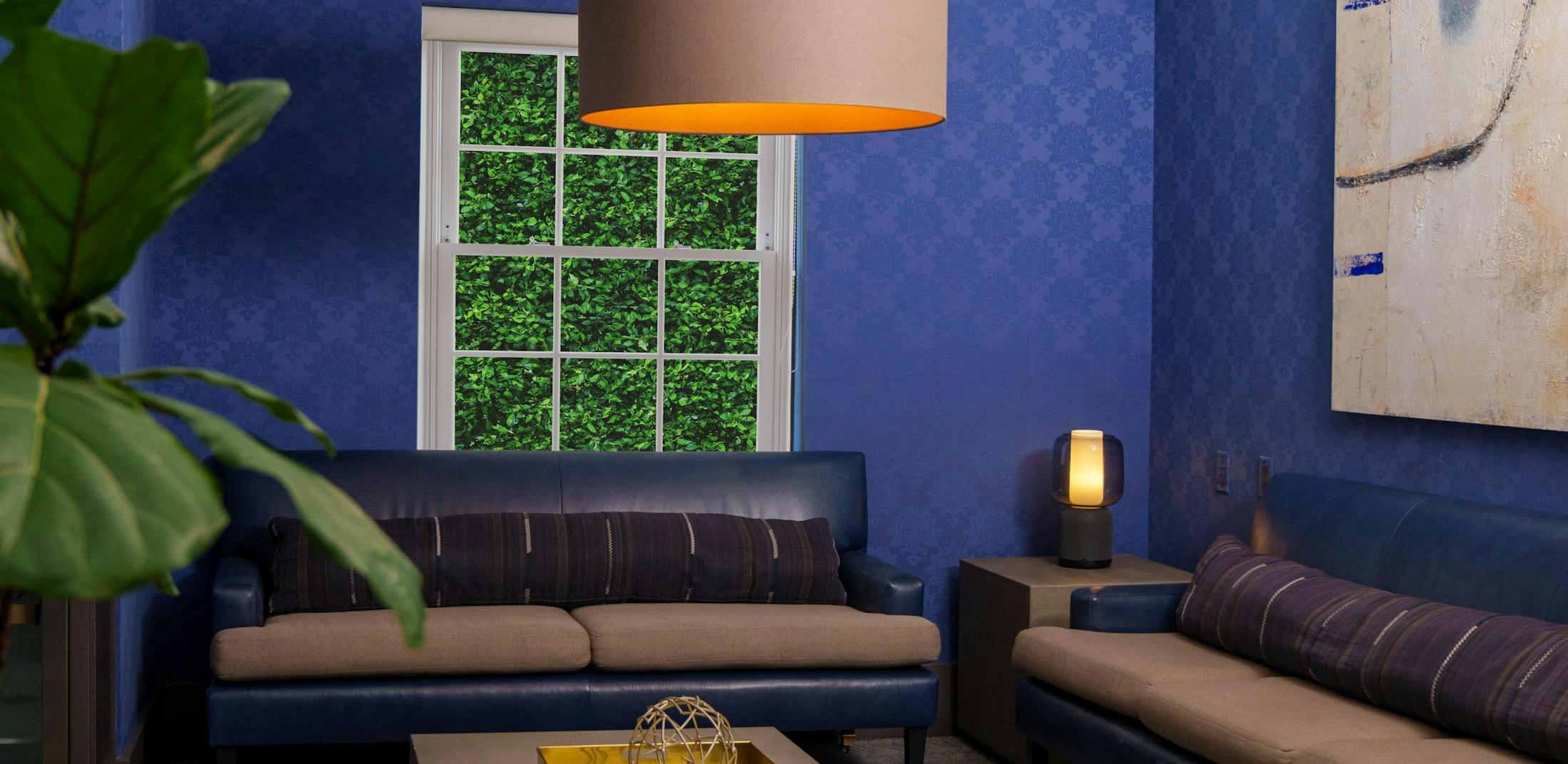14 Rhinoplasty Recovery Tips You Need to Know





Quick Guide to a Smooth Recovery
Rhinoplasty involves reshaping the delicate structures of the nose and nasal cavities to create a more attractive or functional nose. In order to ensure that you only need to have your procedure done once and that the results will be the best that they can be, then the following recovery tips are essential for you.
1. Keep the Swelling Down
Using a flexible ice pack or cooling pad to reduce the swelling can help to alleviate pressure and puffiness around the treated area. This is especially important within the first few days after the surgery. The cold will restrict blood flow to the area and reduce swelling as well as allowing your nose to heal more quickly.
2. Stay Away from Anti-Inflammatory Medication Unless it is Specifically Prescribed
Anti-inflammatory medication can cause swelling and increased blood flow, which could lead to bleeding or a slowed recovery. Discuss the use of anti-inflammatory medication with our surgeon before taking any of these medications during the recovery period.
3. Do Not Take Painkillers or Other Medications Without Approval from Your Surgeon
You will experience some pain and discomfort during the first few weeks, especially during the first week after surgery. Painkillers or other medications will be prescribed to you or recommended to reduce the amount of discomfort experienced post-op. The dosages and medications will be specific so that they do not interfere with your recovery or cause any adverse reactions that would hinder the healing process.
4. Take Time Off to Rest and Recover
After the surgery, your body will need to focus its energy on healing, so the less strenuous activity, the better. This also means avoiding sports or activities where bumping your nose could occur. The point is to let your nose heal and recover and to prevent any stress or injury during the healing process.
5. Plan Ahead for Your Recovery
Walking helps to gently increase circulation throughout your body, helping fluid to move and your nose to heal. Getting out and walking can also help to reduce stress while preventing swelling or fluid building up in your body. Increased breathing and slightly increased heart rate will help get oxygen flowing in your body, which aids in the healing process.
6. Get Outside and Take a Walk
Walking helps to gently increase circulation throughout your body, helping fluid to move and your nose to heal. Getting out and walking can also help to reduce stress while preventing swelling or fluid building up in your body. Increased breathing and slightly increased heart rate will help get oxygen flowing in your body, which aids in the healing process.
7. Take a Bath Instead of a Shower
The bandages, splints, and supports placed in and around your nose after a rhinoplasty should not get wet. Bathing instead of showering makes it easier to prevent your bandages from becoming wet. Also washing your face with a damp cloth around the bandages can help to keep your face outside of the bandages fresh. Bandages should be off around the first week after the procedure, so this routine won’t have to continue too long.
8. Eat Healthy and Drink Plenty of Water
Eating healthy and drinking water will help your body heal faster and feel better sooner. Good nutrition gives your body what it needs to repair and heal. Water speeds recovery by flushing out the toxins from anesthetics as well as reducing the likelihood of infection. Water allows nutrients and oxygen to be delivered to tissues and drainage of the wound to occur properly.
9. Avoid Blowing Your Nose
If the inside of the nose is being supported by structures placed by the surgeon, then blowing your nose could cause them to shift or dislodge. This could potentially injure the inside of the nose or compromise the healing process. Blowing could also cause your nose to become more irritated. Wiping or dabbing your nose if there is drainage is fine as long as it is delicate.
10. Stay Away from Peppery and Spicy Foods
To avoid irritation of your nose and sinuses, it is best to avoid peppery or spicy foods. Spicy food can cause your blood vessels to dilate and will increase swelling and bruising in the early stages of healing. By avoiding spicy foods, you can prevent your nose from swelling, running, or just becoming irritated in general.
11. Lower Your Salt Intake and Avoid Salty Foods
Salt will increase your blood pressure, which will increase any swelling and pressure around the surgical site. To minimize the discomfort associated with swelling, it is best to avoid eating salty foods or adding salt to food.
12. Post-op Appointments Are Important
You will be scheduled for appointments with Dr. Torkian after the surgery to follow up on the procedure and to ensure that you are recovering well. These appointments make sure that everything is proceeding as it should and that bandages and splints are removed properly or replaced if necessary.
13. Get Plenty of Rest and Keep Your Head Elevated
Rest will allow your body to heal faster, and sleeping or resting with your head supported and elevated will prevent your nose and the surrounding area from swelling. Keeping your head above your body will keep fluid from building up around the surgical site and face. Rest, as well, allows your body to spend its energy on the task of recovery rather than on other activities.
14. Follow All the Post-Op Instructions Given to You by Dr. Torkian
Dr. Torkian will give you specific instructions to follow after surgery. These instructions are vital to a speedy and smooth recovery as well as optimal final results. Making sure that the instructions are followed means that there will be less likelihood that infection, injury, or other non-optimum situations to occur.

